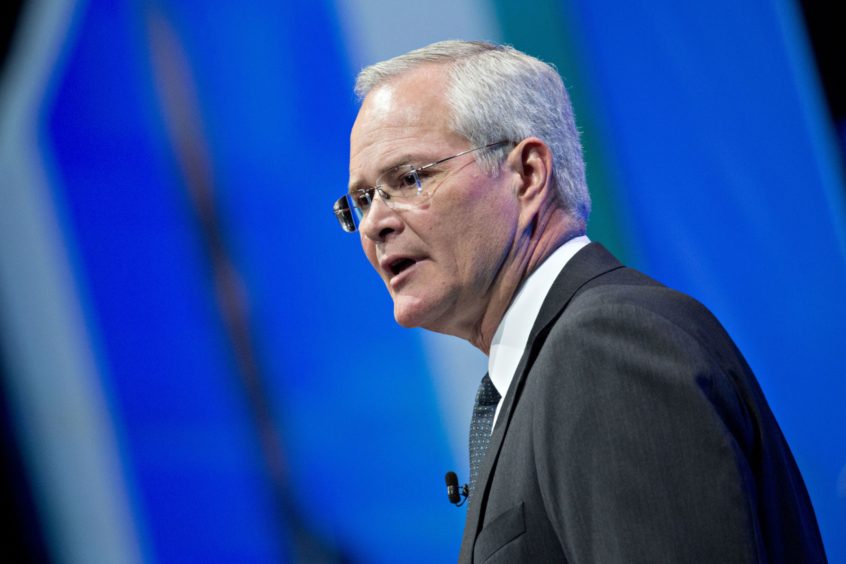
Exxon Mobil plans to raise share buybacks 14% as the oil giant accelerates crude production in the US Permian Basin, boosted by its $60 billion acquisition of Pioneer Natural Resources Co.
Exxon (NYSE:XOM) will repurchase $20 billion of stock next year, the Spring, Texas-based company said in a statement Wednesday. That matches arch rival Chevron, which pledged to lift buybacks after agreeing to buy Hess Corp. for $53 billion in late October.
Exxon also plans to spend $23 billion to $25 billion on capital projects next year as it expands its footprint in North America’s most-prolific oilfield and pursues untapped reserves in overseas regions such as Guyana. That compares with a 2023 target of about $25 billion. The Texas oil giant also expanded spending on low- carbon ventures.
Chief Executive Officer Darren Woods is investing heavily in both fossil fuels and low-carbon projects that he believes will keep Exxon at the forefront of the energy transition.
In the first-ever appearance by an Exxon CEO at the UN’s premier climate conference, Woods last week predicted that fossil fuels will be needed for years to come and said the oil industry will play a key role in the transition to cleaner energy.
Exxon was little changed at $100.16 at 9:34 a.m. in New York as a 1.7% slide in international crude futures dragged oil equities lower. The shares have fallen about 9% this year.
The company plans to cut $6 billion in “structural costs” by 2027, in addition to the $9 billion in reductions achieved since 2019, according to the statement. Outlays for low-carbon projects will reach $20 billion through 2027 as the company builds its lithium, carbon-capture and hydrogen portfolios.
As for fossil fuels, the Pioneer deal will make it far and away the biggest Permian producer and help restore the oil giant’s overall production to levels not seen in more than a decade.
In addition to the Permian Basin, Exxon is ramping up production in Guyana, where it has discovered roughly 11 billion barrels of crude, and building a multibillion-dollar petrochemical plant in China. About 90% of the new projects will recoup their costs in less than 10 years, Exxon said.
